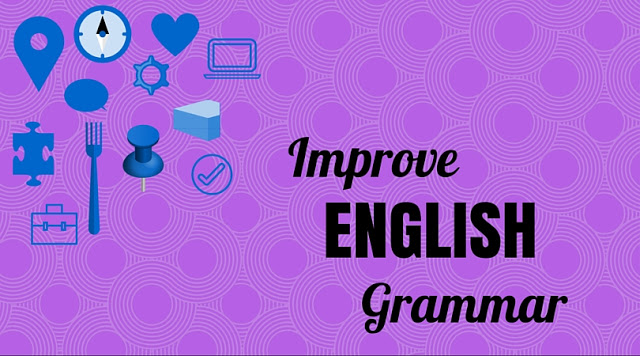How to Learn English Grammar
grammar, yet their spoken fluency and accuracy is actually very impressive. They
are getting the grammar correct, but just don’t know it. Others come to learn English in the South of England
with plenty of vocabulary and confidence to speak, but have little in the way
of grammatical structure and could definitely do with some help with some
grammar basics. English schools get
all types of learners and at LSI/IH Portsmouth we like to think we can accommodate all of
them.
to learn English grammar is what is done in class here at LSI/IH Portsmouth and
should benefit both the groups described above.
- Firstly, when practicing English, try to work out and write down what particular grammar areas you think you are unsure of. Remember that without someone correcting you, you won’t know how accurately you are speaking; you only know you have a problem if they don’t understand you. When this happens, make a note of what you were trying to say. When at LSI/IH Portsmouth, we can direct you to practice activities and explanations from the course books that you get when you arrive here.
- When you read a text, look for and highlight all the examples of the bit of grammar you are looking for. If it is a tense (e.g. present perfect simple), see if you can see any patterns regarding the contexts of when it is used. If it is a conditional sentence, what tenses are used and in what contexts?
- Seeing the grammar is one thing, but you need to be able to use it. Try to imagine the kind of conversations you need to have in order to see if your new grammar item seems to work. You then need to practice these conversations as often as possible. We’ll do that in class here but you should also try to do this on LSI/IH Portsmouth’s social activities and conversation clubs and wherever you may travel in our local area – beautiful Hampshire.
- If you are particularly worried about a grammar point, don’t be afraid to simply Google it, (e.g., “When do I use the past perfect continuous?). Before you can ask a question like that you might first need to ask Google: “What are the names of the tenses in English?” You may need to translate what you are looking for first but you can get there in the end. The internet is an amazing resource and if all the texts you find say more or less the same thing, they are probably correct.
- All the English language course books that you get given when you arrive at LSI/IH Portsmouth have a very clear and simple grammar explanation section. Use them; it is possible to teach yourself.
- This may sound mad, but try having a conversation in English in your head, with yourself. When you get stuck, make a note of the problem. Then try to describe to your teacher what you were trying to say.
- Try learning the grammar by function. In other words, think: “I need all the grammar and typical vocabulary to complain / praise / persuade / negotiate / reminisce…whatever the function might be. You will find that we tend to use a set number of phrases to carry out that function. This leads to number 8.
- Be aware that many English sentences are made up of groups of words that frequently go together. The more English you are exposed to, the more you realise that what you think of as “grammar,” is not so important!

